A Story of Resilience and Recovery
The holiday season often feels like a time of joy and celebration, but for many individuals on the path to recovery, it can bring unexpected challenges. Imagine feeling hopeful after months of progress, only to face the pressures of holiday stress, emotional triggers, and old habits that threaten your sobriety. You’ve been working so hard to stay on track, but despite your best efforts, a relapse occurs.
It’s not uncommon to feel discouraged, especially during the holidays when social gatherings, family dynamics, and emotional stress can overwhelm us. However, experiencing a relapse doesn’t mean the end of your journey—it can be a stepping stone to further strengthening your commitment to sobriety. In this guide, we will explore practical steps to help you overcome a relapse, particularly during the stressful holiday season, and move forward with confidence in your relapse recovery.
Understanding Relapse Recovery: A Holistic Approach
Relapse Recovery:
Relapse recovery is not just about getting back on track after a setback; it’s a comprehensive, ongoing process that involves physical, mental, and emotional healing. Whether you’ve experienced a lapse in sobriety or a full relapse, understanding that recovery is a journey, not a destination, is key to overcoming setbacks. With the right tools, support systems, and mindset, relapse recovery can lead to stronger resilience and deeper self-awareness.
The Importance of Holiday Stress Awareness
For many individuals in recovery, the holiday stress can trigger a relapse. Between family gatherings, financial pressure, and emotional triggers, it’s easy to feel overwhelmed. But by understanding these factors, we can better prepare ourselves to manage our emotions and reactions, reducing the risk of relapse. Relapse prevention strategies become especially important in navigating these stressful times.
Practical Tips for Overcoming a Relapse During the Holidays
1. Know Your Emotional Triggers
Understanding What Sets You Off
Identifying emotional triggers is a crucial aspect of relapse prevention. During the holiday season, emotional and situational triggers can be especially intense due to the added pressure, stress, and feelings that come with the festivities. It’s important to recognize the factors that increase the likelihood of returning to old, unhealthy habits. The holiday season can be particularly difficult for individuals in relapse recovery as certain emotional triggers become magnified.
Here are some of the most common emotional triggers to watch out for during the holidays:
- Family Conflicts or Unresolved Past Issues: The holiday season often brings families together, and with it, potential for unresolved conflicts or tensions. Emotional baggage tied to family dynamics can stir feelings of frustration, anger, or sadness, which may make you more vulnerable to relapse. It’s important to recognize when these emotions are building and take steps to manage them, such as limiting your exposure to stressful family interactions or seeking support from a therapist.
- Financial Strain or Gift-Related Anxiety: The financial burden of purchasing gifts, managing travel expenses, or simply keeping up with the consumer-driven pressures of the season can lead to stress and anxiety. This can trigger overwhelming emotions and thoughts of helplessness, which may prompt someone in recovery to seek comfort in harmful habits. Setting a realistic budget and focusing on the true meaning of the holidays, such as connection and experiences, can help mitigate this pressure.
- Social Pressure in Party or Drinking Environments: Socializing is often a significant part of holiday celebrations, and for individuals in recovery, the presence of alcohol or substances at parties can be a major risk factor for relapse. The temptation to blend in with peers or avoid feeling different can make it harder to stay committed to sobriety. Being aware of these social pressures, preparing your responses in advance, and even selecting alternative, sober-friendly events to attend can help you navigate these situations.
- Emotional Fatigue from Excessive Socializing or Loneliness: The holidays often involve a high volume of social gatherings, which can be exhausting for anyone, especially for those in recovery. Over-socializing or attending events that don’t align with your emotional needs can leave you drained, making you more susceptible to relapse. Conversely, loneliness or isolation can also trigger emotional distress, leading to unhealthy coping mechanisms. To protect your mental health, it’s important to balance social activities with moments of rest and reflection. Set boundaries and prioritize self-care to avoid burnout.
Taking Action Against Triggers
Once you’ve identified your emotional triggers, you can take proactive steps to manage them during the holidays. This awareness will allow you to make informed decisions about how to navigate challenging situations, ensuring that they don’t derail your relapse recovery. Here are some strategies to help you avoid triggers:
- Limit Time in Stressful Environments: If you know certain events, like family gatherings or parties, tend to bring up difficult emotions, plan ahead. Consider reducing the amount of time you spend in these settings or, in some cases, avoiding them altogether. Remember, it’s okay to prioritize your well-being over social obligations.
- Have a Support System in Place: Surround yourself with people who understand your recovery journey and can offer support when you need it. This could include a sober friend, a recovery group, or a therapist. Having someone to lean on can provide reassurance and help you feel more confident in difficult situations.
- Develop Healthy Coping Mechanisms: Find activities or techniques that help you manage stress and emotional triggers. This could include meditation, journaling, exercise, or even just taking a walk in nature. Incorporating these activities into your daily routine can help reduce the impact of emotional triggers and support your mental health during the holidays.
2. Practice the Power of Saying No: Setting Boundaries Without Guilt
During the holidays, people often face pressure to participate in events or activities that may not align with their relapse recovery goals. Whether it’s attending a party where alcohol is present or overcommitting to social obligations, the pressure can be overwhelming. Practicing the power of saying no can be a powerful tool for maintaining your mental health and avoiding holiday stress.
Why Saying No is Essential for Your Recovery
Saying no can feel uncomfortable, especially when you don’t want to disappoint others or feel left out. However, setting boundaries is crucial for relapse prevention, as it allows you to prioritize your recovery over social pressures. By establishing clear boundaries, you can better protect yourself from emotional triggers that could lead to relapse.
- Avoid Triggers: Saying no helps you avoid situations where you may encounter triggers, such as being around people who engage in unhealthy behaviors.
- Reduce Holiday Stress: By not overcommitting, you prevent feelings of overwhelm, which can contribute to stress and emotional exhaustion.
- Preserve Your Well-being: Setting healthy boundaries allows you to take care of your emotional and physical needs, which is essential for long-term recovery.
How to Say No Without Feeling Guilty
You don’t have to explain yourself or justify your decision to others. A simple response like, “I’m unable to join tonight, but I appreciate the invitation” is both polite and firm. Remember, your mental health and recovery must come first. By practicing this skill, you’ll feel more in control as you head into the New Year, creating a fresh start that prioritizes your well-being.
3. Build a Support Network You Can Rely On
Lean on Loved Ones for Strength
As we approach the New Year, it’s common for people to reflect on past challenges and set goals for the future, particularly in relapse recovery. One of the most crucial components of achieving lasting recovery is building a strong, supportive network to lean on. Whether it’s family, friends, or professional support, having people who understand and encourage your recovery journey can make all the difference, especially during times of holiday stress.
Personal Support: Stay Connected to Those Who Care
- Sober Buddies: A close friend or family member can act as your “sober buddy” at events or gatherings. Having someone to accompany you provides not only emotional support but also accountability, helping you stay focused on your goals. According to research, individuals who have a strong support system are 50% more likely to maintain their recovery.
- Communicate Openly: It’s important to openly communicate your needs and boundaries with those you trust. Being transparent about your struggles with mental health and emotional triggers helps others understand your situation and offer the appropriate support.
Professional Support: Guidance Through the Holidays
- Therapists and Coaches: In addition to personal support, professional help from a therapist or recovery coach can guide you through the emotional complexities of the holidays. They can offer strategies for dealing with relapse triggers and help you stay focused on relapse prevention. Their expert guidance provides a steady hand in times of uncertainty, helping you reframe setbacks as learning experiences.
As the New Year approaches, remember that relapse recovery is not a solo journey—your support network can help keep you grounded, especially during the emotional strains of the holidays.
4. Prioritize Your Mental and Physical Health: Holistic Healing After a Relapse
When it comes to relapse recovery, the focus should extend beyond just staying sober. It’s about nurturing your entire well-being—mental, physical, emotional, and spiritual—so that you can emerge stronger and more resilient in the New Year. The holiday season, with its unique set of holiday stress factors, can significantly impact your mental and physical health, making it even more important to take a holistic approach to healing.
Physical Health: The Power of Exercise and Nutrition
Physical activity is a powerful tool in relapse prevention. Regular exercise releases endorphins, which are the body’s natural mood boosters. According to the National Institute on Drug Abuse, physical activity helps reduce stress, anxiety, and depression—common emotional triggers during the holidays. Whether it’s yoga, walking, or hitting the gym, getting your body moving is essential for a healthy recovery.
- Exercise Benefits:
- Reduces symptoms of depression and anxiety.
- Improves sleep quality.
- Boosts mood and energy levels.
Mental Health: Managing Stress and Overwhelm
The emotional strain of the holidays can often lead to relapse. Practicing mindfulness techniques such as meditation or journaling can help manage holiday stress. By becoming aware of your emotional triggers, you can mitigate stress responses and stay grounded. Taking time each day for these practices will help maintain mental wellness.
Emotional Health: Compassion Over Criticism
During relapse recovery, it’s crucial to be compassionate with yourself. The New Year symbolizes new beginnings, making it an excellent time to let go of guilt and embrace self-compassion. Allow yourself to feel emotions without judgment and practice patience as you continue your recovery journey.
By prioritizing your mental health and physical well-being, you can create a strong foundation for the New Year, avoiding future setbacks and ensuring sustained recovery.
5. Reframe Your Mindset After a Relapse: Turning Setbacks into Growth
Learning from Setbacks
When we face a relapse recovery situation during the holiday season, it’s common to view it as a failure. However, it’s essential to understand that a relapse is not the end of the journey but rather a part of it. Especially as we head into the New Year, a fresh start can be a perfect opportunity to reevaluate and redirect our mindset toward growth and healing. Instead of allowing guilt or shame to take over, focus on the lessons that can be learned from the experience. Relapse doesn’t mean your recovery is lost—it means there are areas in your recovery journey that need more attention or better coping strategies.
Shift Your Perspective for a Healthier Future
- Relapse is a Setback, Not a Failure: Acknowledge the relapse as a challenge, not a permanent step backward. This mindset allows you to move forward without unnecessary shame or discouragement.
- Identify Emotional Triggers: Recognize what caused the relapse—whether holiday stress, social pressures, or unresolved emotional triggers. This understanding will help you better manage these situations in the future.
Celebrate Your Progress and Keep Moving Forward
- Reflect on How Far You’ve Come: As you step into the New Year, celebrate the progress you’ve made, even if it feels small. Remember, mental health and relapse prevention require patience and perseverance.
- Stay Focused on Your Goals: With a fresh mindset and commitment to your recovery, you can continue working toward long-term sobriety with renewed strength and focus.
By reframing your mindset, you reclaim control over your recovery, ensuring that the New Year is a time for growth, resilience, and empowerment.
6. Create a Relapse Prevention Plan for the Holidays
Preparing for Success
Planning ahead is one of the most effective ways to ensure successful relapse recovery, especially during the challenging holiday season. With added stressors like family gatherings, social expectations, and financial pressures, it’s easy to feel overwhelmed. However, by creating a comprehensive relapse prevention plan, you can proactively manage these challenges and reduce the chances of a setback.
Set Clear Goals
Start by defining specific goals for the holiday season. These goals should focus on both your personal growth and maintaining your mental health. For example:
- Avoiding high-risk situations: Know which gatherings or people might trigger emotional responses or cravings.
- Celebrating milestones: Acknowledge your progress, such as the number of sober days or milestones reached.
Clear goals can help keep you grounded and motivated throughout the holidays, especially as you enter the New Year with a renewed sense of purpose.
Know Your Boundaries
Having a clear understanding of your limits is crucial in managing holiday stress. Create boundaries around:
- Social situations: Politely decline events where alcohol or substance use is likely to occur.
- Emotional triggers: Identify and prepare for family dynamics or stressors that may challenge your recovery.
Incorporate Self-Care Rituals
Taking care of your emotional and physical well-being during the holidays is essential for maintaining balance. Consider adding activities to your routine, such as:
- Mindfulness practices like meditation or journaling to manage stress.
- Physical activity like yoga or walking to improve your mood and reduce anxiety.
Having these rituals in place can help you stay focused and feel in control, reducing emotional triggers that could jeopardize your recovery.
By creating and sticking to a well-thought-out relapse prevention plan, you give yourself the tools to handle the ups and downs of the holiday season. This preparation not only supports you through this time but also helps you enter the New Year stronger, more resilient, and more committed to your relapse recovery journey.
7. Practice Self-Compassion and Patience
Be Kind to Yourself During the Recovery Process
In relapse recovery, especially during the emotionally charged holiday season, self-compassion is vital for regaining balance. The emotional toll of holiday stress and the temptation of triggers can lead to setbacks, but it’s essential to remember that recovery is not a one-way street. Many individuals face ups and downs, and a single relapse does not erase all of the progress you’ve made.
Avoid Self-Criticism and Cultivate Kindness
After a relapse, it’s common to feel a wave of guilt or shame. However, allowing negative self-talk to take over can derail your progress. Instead, practice being kind to yourself. Acknowledge that setbacks are part of the journey and treat yourself with the same empathy and understanding you would show to a loved one. Mental health experts suggest that people who practice self-compassion tend to have a higher success rate in their recovery journey.
Reflect on Your Progress
A crucial aspect of relapse prevention is recognizing the progress you’ve made, even if you’ve faced a setback. The new year is a great opportunity to reflect on the strides you’ve made and appreciate your resilience. By focusing on what you’ve achieved, you’ll feel more empowered to continue on your path toward sobriety.
Be Patient with Your Healing
Recovery is a long-term process, and patience is key. Research shows that individuals who practice patience with their recovery process are more likely to avoid future relapses. The New Year symbolizes a fresh start—use this time to set realistic goals and allow yourself the space to grow.
By incorporating self-compassion and patience into your recovery routine, you’ll strengthen your emotional resilience and continue to build a healthier relationship with yourself.
Key Takeaways
- Relapse recovery is an ongoing journey that involves addressing physical, emotional, and mental well-being.
- Holiday stress and emotional triggers can increase the risk of relapse, but with preparation and support, you can stay on track.
- Building a strong support network and practicing self-care are essential for maintaining sobriety during the holidays.
- A relapse is not a failure, but an opportunity to learn, grow, and strengthen your commitment to long-term recovery.
At a Glance
- Know Your Triggers: Be aware of emotional and situational triggers that could lead to a relapse.
- Say No: Set boundaries without guilt to protect your recovery.
- Build Support: Lean on friends, family, and professionals for support.
- Prioritize Health: Focus on holistic healing for your mind, body, and spirit.
- Reframe Your Mindset: Use setbacks as opportunities to grow in your recovery.
- Plan Ahead: Create a solid relapse prevention plan to tackle holiday challenges.
FAQs
Q1: How can I prevent a relapse during the holidays?
A: By recognizing emotional triggers, setting clear boundaries, and building a support network, you can reduce the risk of relapse.
Q2: What should I do if I relapse?
A: Prioritize self-care, reflect on the experience, and lean on your support network. Reframe the relapse as a learning opportunity and recommit to your recovery journey.
Q3: Is relapse recovery possible after a setback during the holidays?
A: Absolutely. Relapse is not the end of your recovery journey. With the right mindset, support, and prevention plan, you can overcome setbacks and continue progressing toward sobriety.
Conclusion: New Year, New Beginnings
As we approach the New Year, it’s the perfect time to reflect on your recovery journey and set new goals for the upcoming year. If you’ve experienced a relapse during the holidays, remember that this is just a part of your larger recovery story. With the right mindset, support, and relapse prevention strategies in place, you can embrace the New Year with renewed strength and commitment to your health and well-being. Let this be the year you continue to grow, heal, and thrive on your path to lasting recovery.


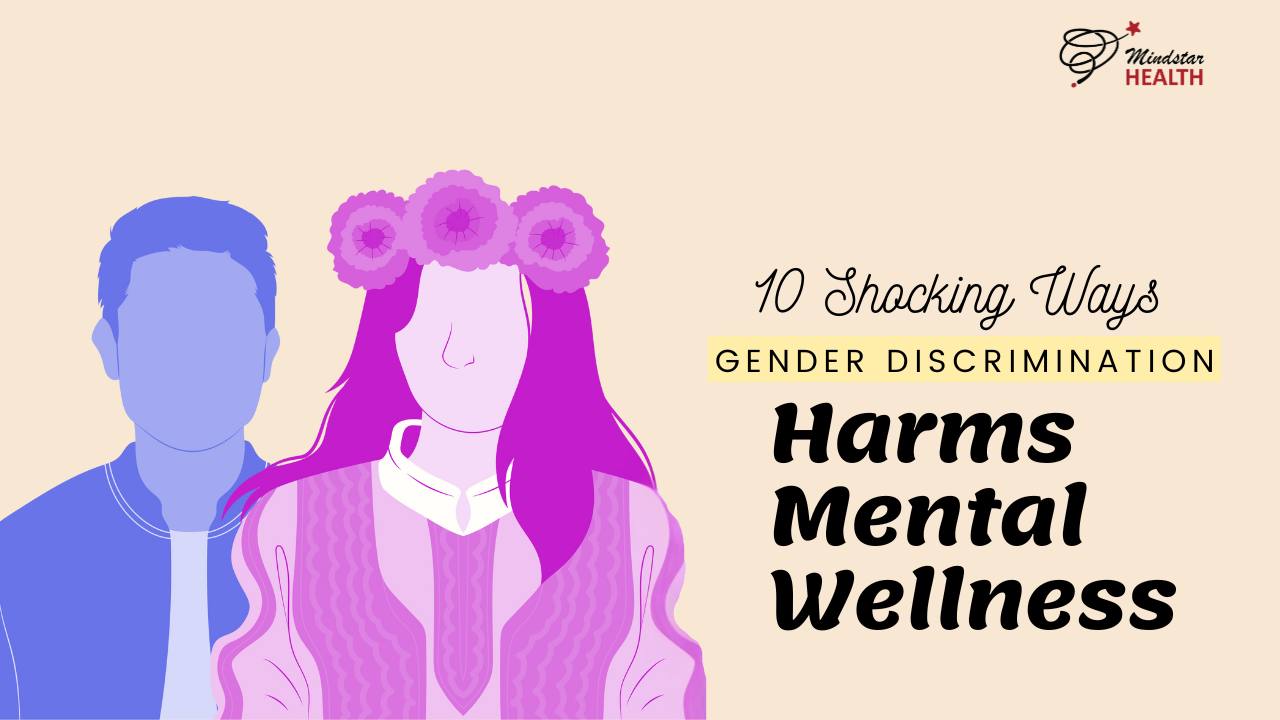
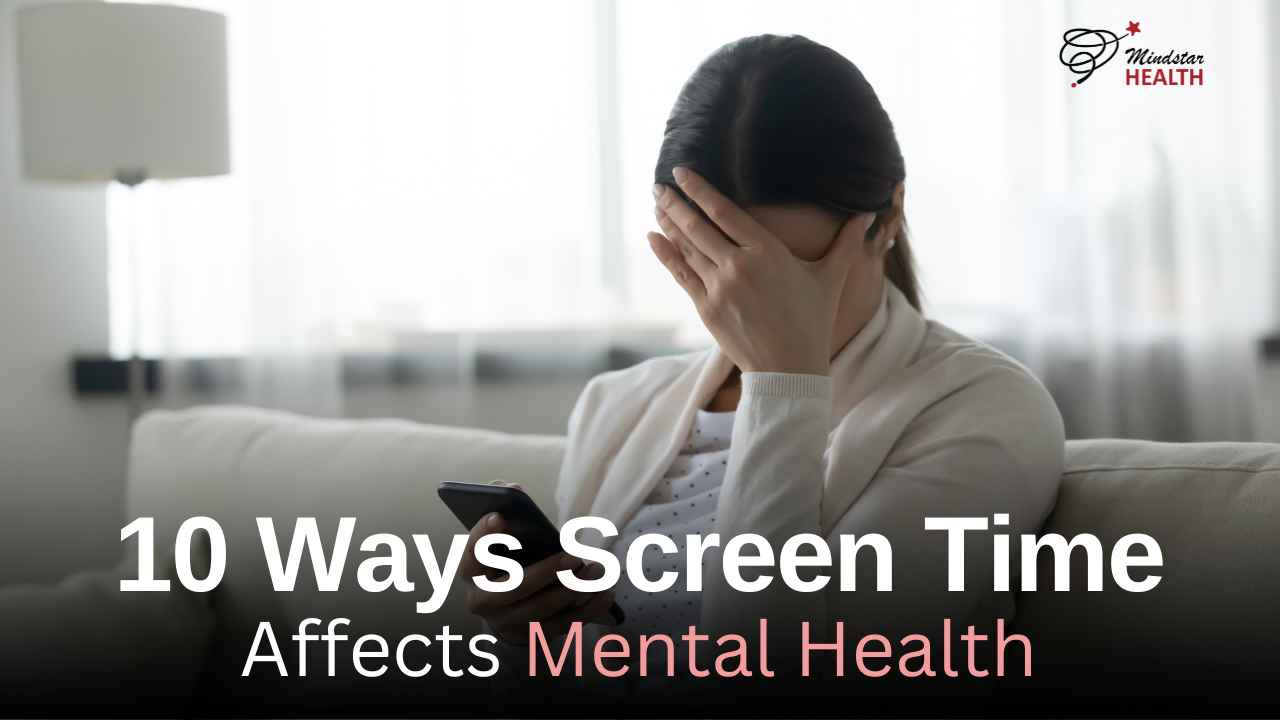

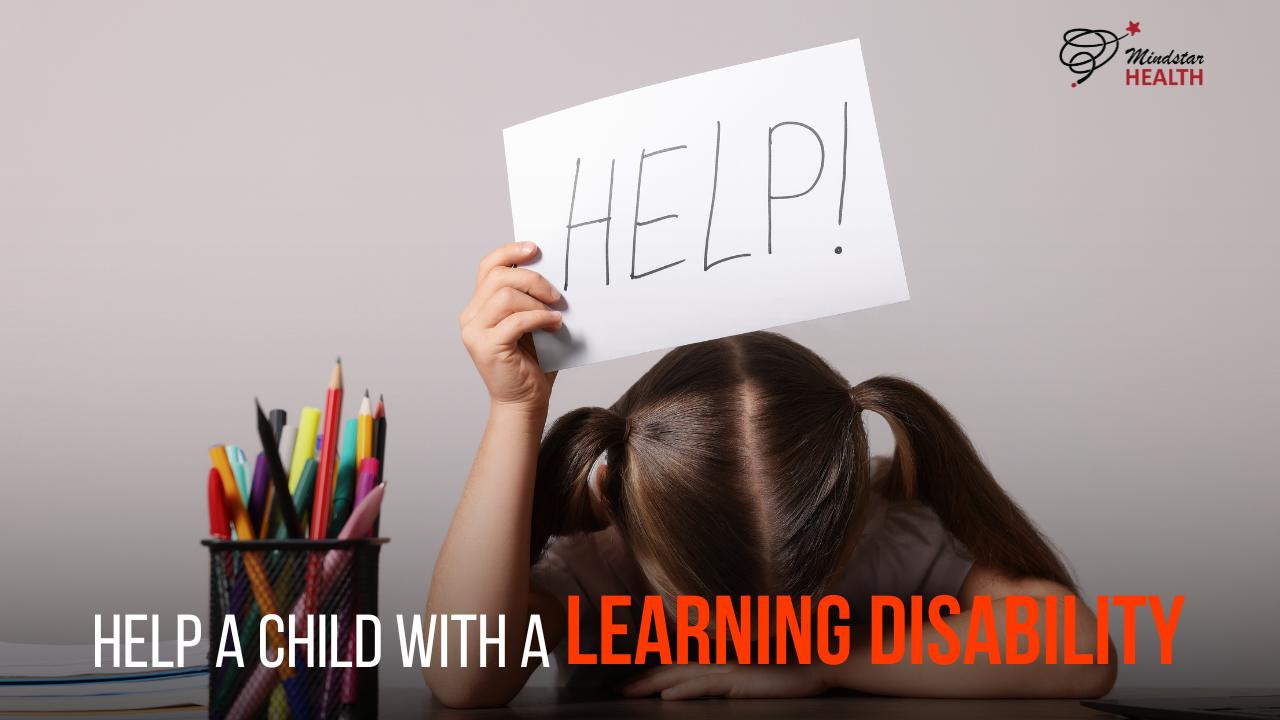
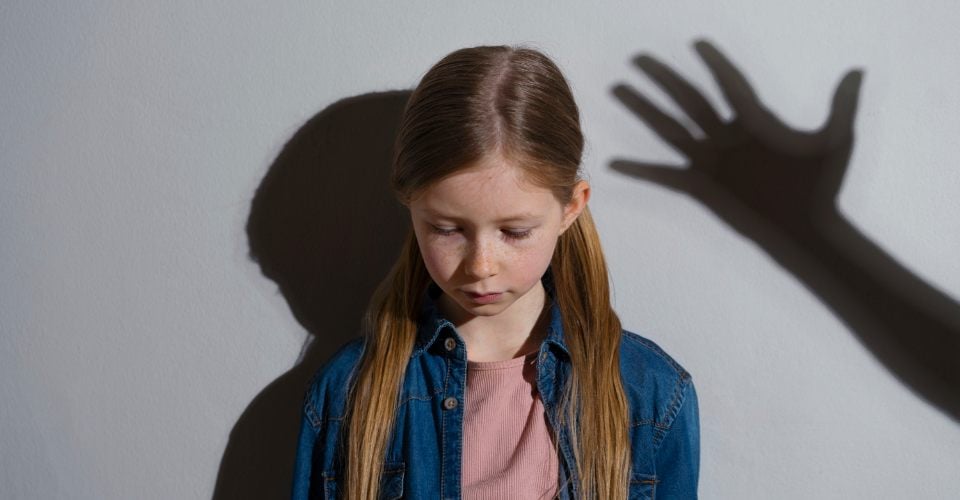
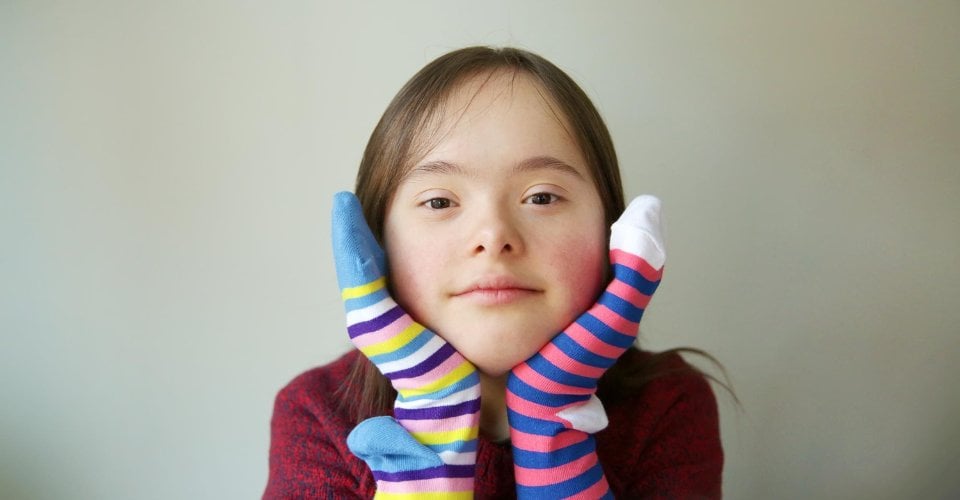




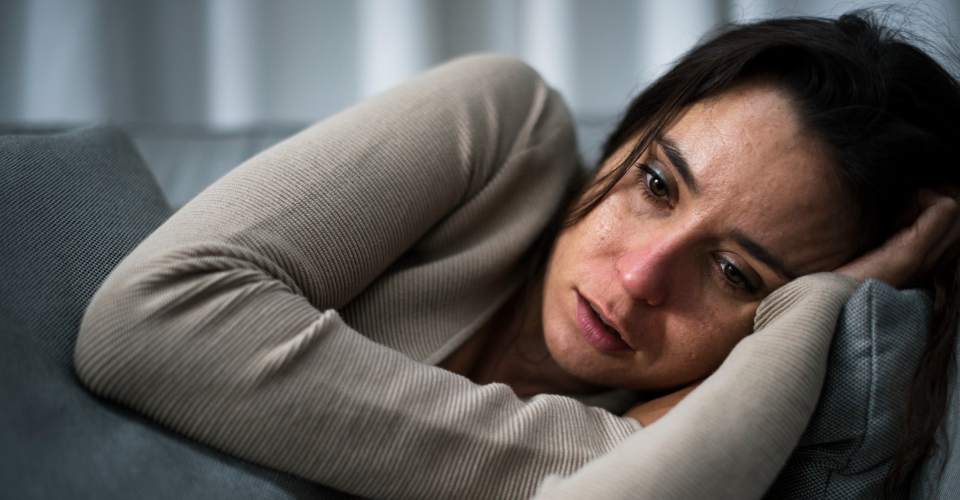

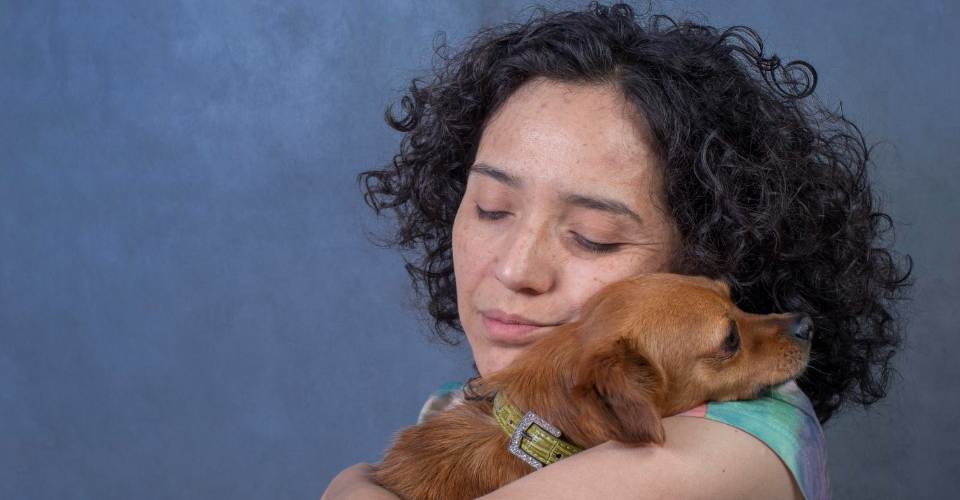


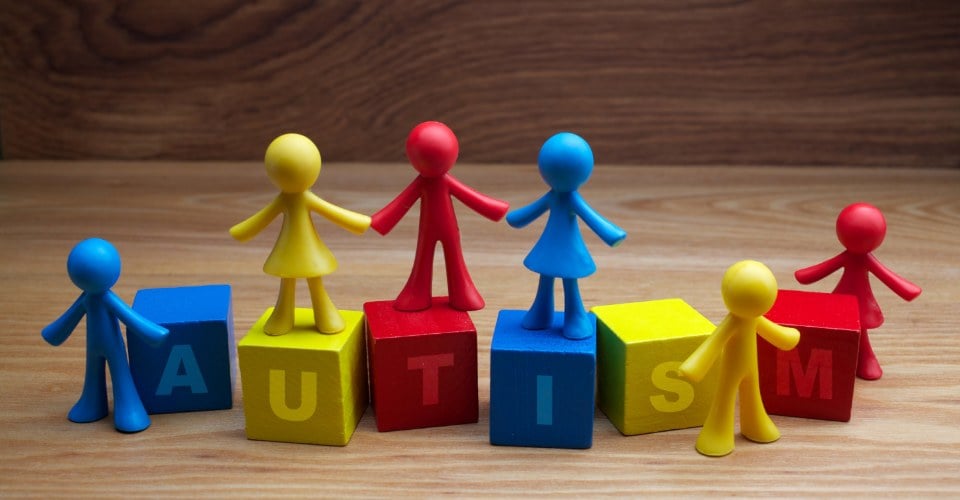




Leave a Reply
You must be logged in to post a comment.